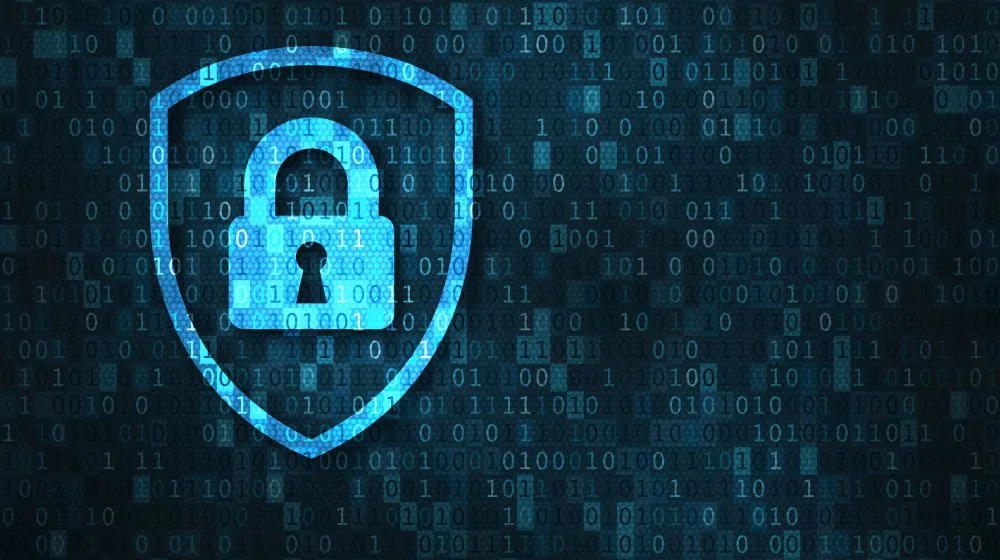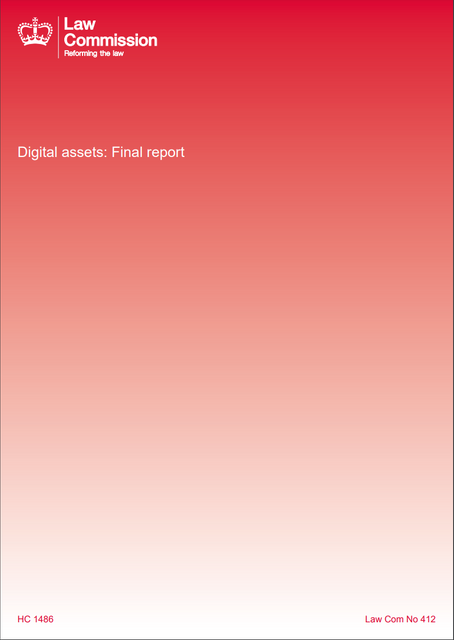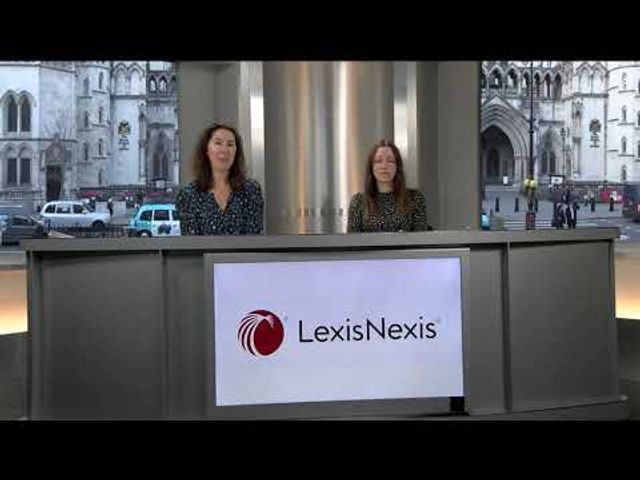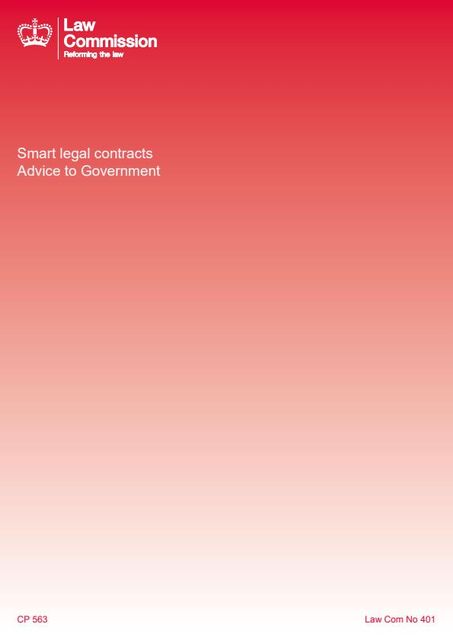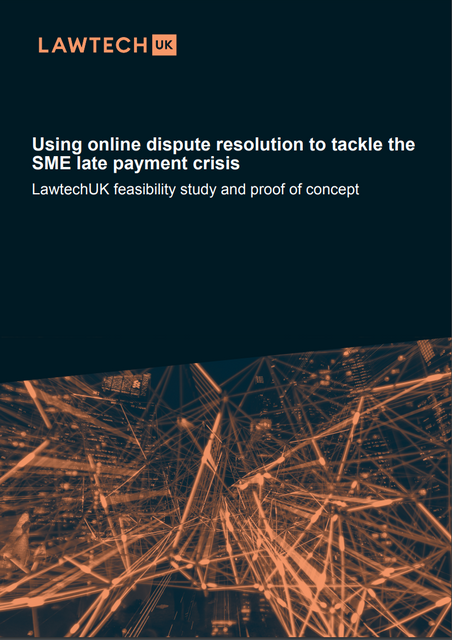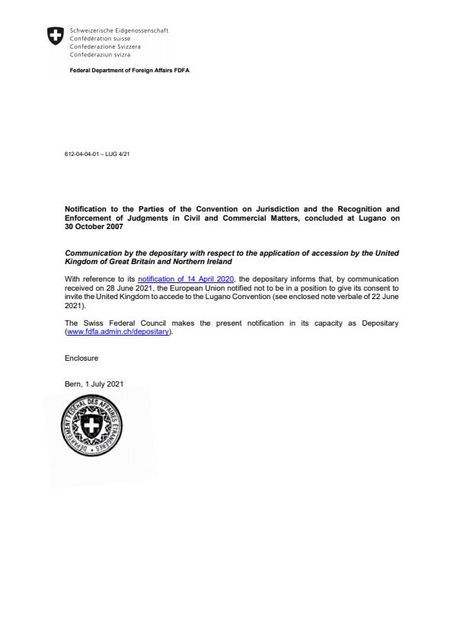Traditionally, service of Court documents in English proceedings has taken place by non-electronic means such as post or personal delivery, unless the receiving party has confirmed they are willing to accept service by fax or email.
However, particularly in cases involving the misappropriation of crypto assets, the English Court has demonstrated a willingness to take a progressive approach to service of documents and permit service by more innovative methods.
In D’Aloia v Persons Unknown [2022] EWHC 1723 (Ch), the English High Court – it is believed for the first time – permitted service of documents via a non-fungible token (NFT). An NFT is a crypto token which is bought and sold on a distributed ledger (such as the Ethereum blockchain) which is unique, rather than fungible like cryptocurrency.
The claimant alleged that he was the victim of a scam, as a result of which he had been fraudulently induced to transfer a significant amount of cryptocurrency to the individuals behind a website with the name www.tda-finan.com. The claimant sought permission from the Court to serve documents on the individuals by email and, unusually, by NFT.
The Court granted this request, with the judge stating that “There can be no objection to it; rather it is likely to lead to a greater prospect of those who are behind the tda-finan website being put on notice of the making of this order, and the commencement of these proceedings…. I am satisfied that, in this particular case, it is appropriate for service to be effected by NFT in addition to service by email.”
The D’Aloia case is not a one off. In Jones v Persons Unknown [2022] EWHC 2543 (Comm), the High Court permitted service of an order for summary judgment by way of email and NFT.
And, most recently, in Osbourne v Persons Unknown Category A [2023] EWHC 39 (KB), in a further bold step, the English High Court approved service by NFT as the sole method of service of documents on defendants accused of misappropriating NFTs.
Service of documents via NFTs is no longer a novelty, and is an example of the English Court’s willingness to grapple with the practical and technical issues presented by cases involving the misappropriation of crypto assets.








